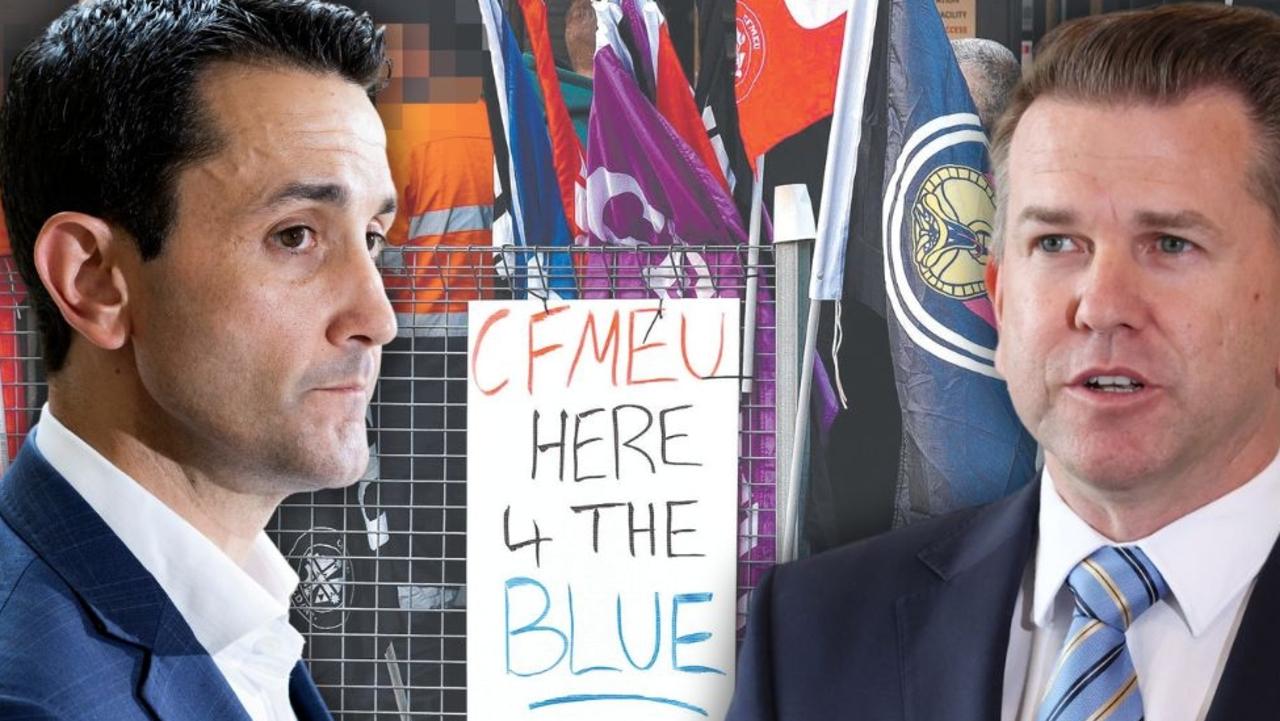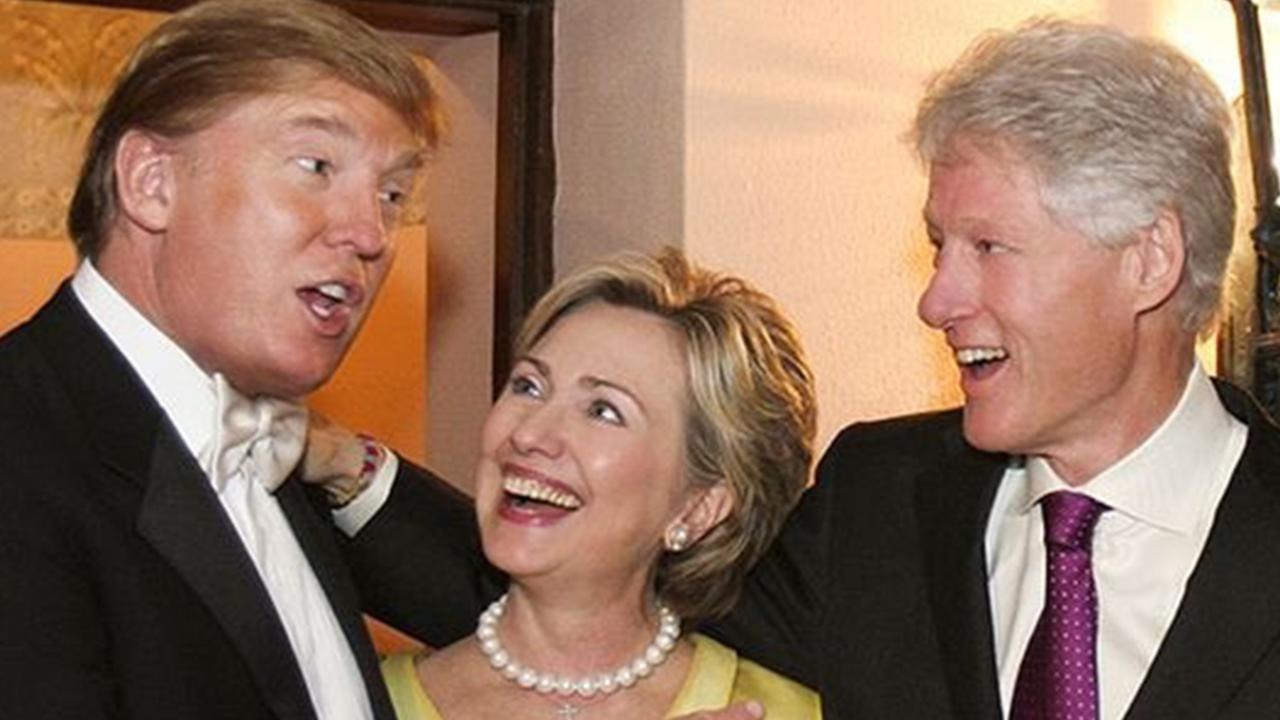Leaders can stuff up and still stay on or end up in a top job
Public figures were once removed instantly amid scandal, but Patrick Carlyon wonders why leaders caught up in murky practices today can remain in their top job.
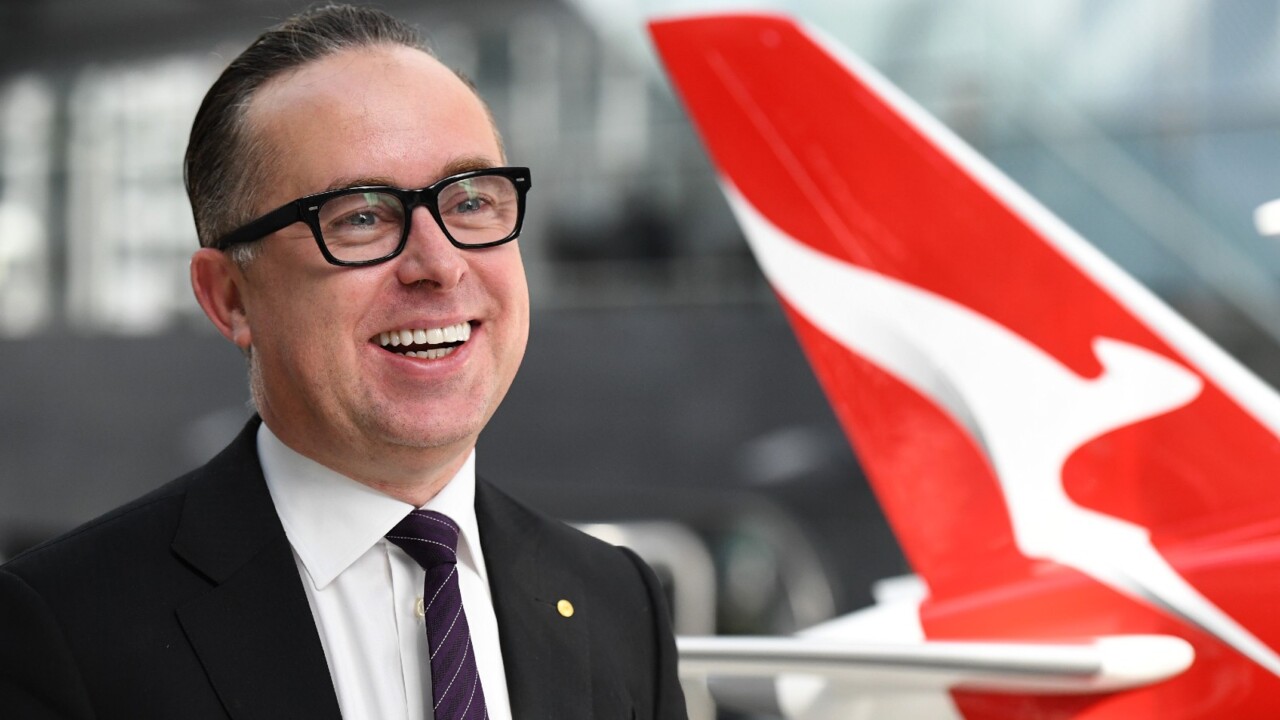
Opinion
Don't miss out on the headlines from Opinion. Followed categories will be added to My News.
Has something changed in the world of leadership in the past few years?
It used to be that if you stuffed up, you exited pretty darn smartly - taking the odor of your mistakes with you and leaving your previous employer to mop up and pretend you were never there.
The poster boy for this previous mismanagement management was of course then New South Wales premier Barry O’Farrell, who resigned in 2014 over a bottle of wine - a $3000 bottle of 1959 Grange that he received as a gift but forgot he had received, until reminded by the Independent Commission Against Corruption.
He sounded ashamed after he gave inaccurate evidence to the corruption hearing in what he called “a significant memory fail”.
“I accept the consequences of my actions,” he said.
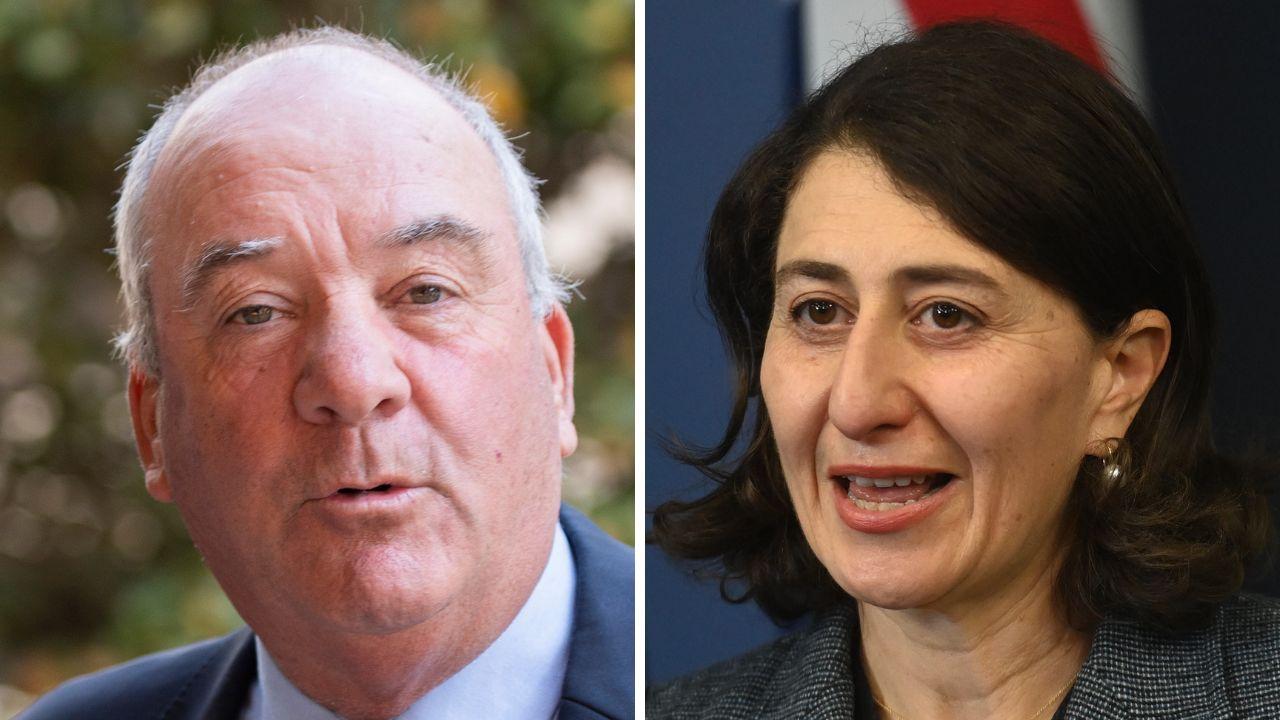
Then, in 2021, NSW premier Gladys Berejiklian left office when it emerged that she once had a really dodgy boyfriend. She had to go, or at least it seemed like she had to go at the time.
Today, there is a little less of that around.
It appears that the accepted ground rules have shifted.
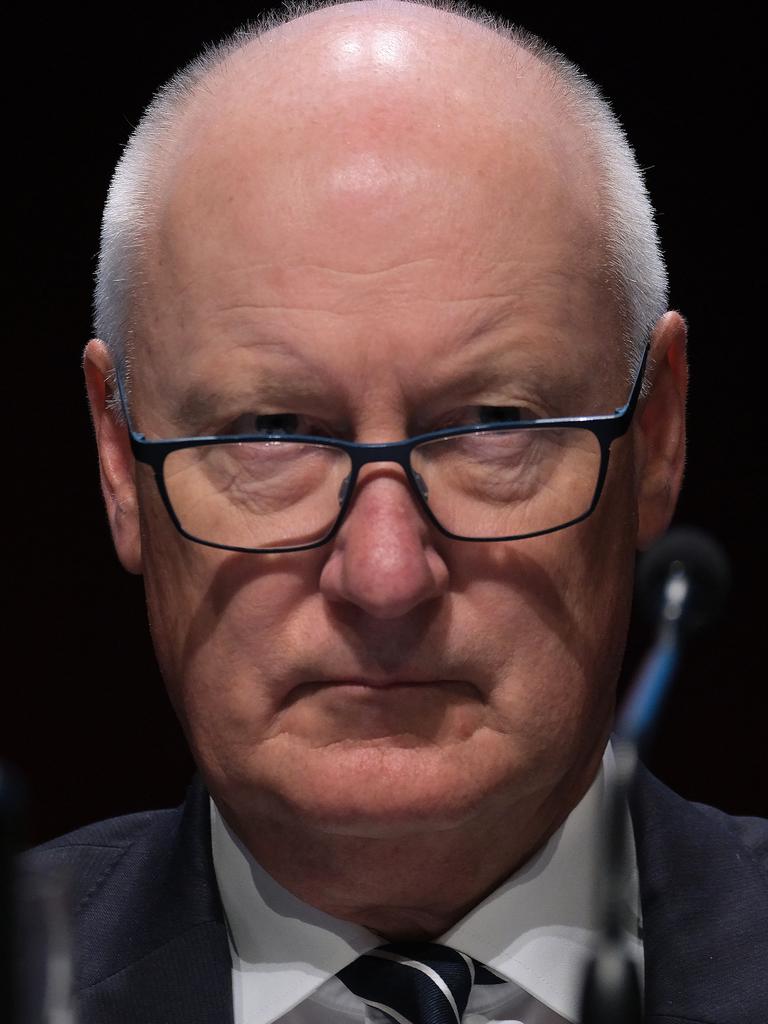
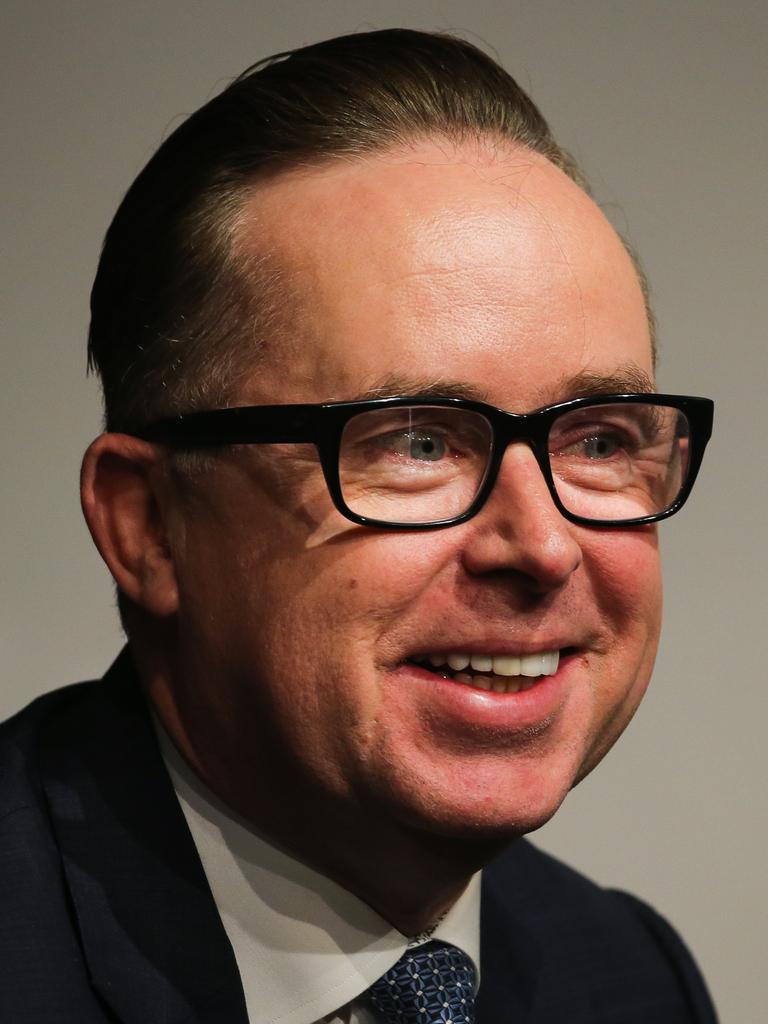
There is the case of Richard Goyder, who was was the chairman of Qantas when it was revealed that his company cares for its customers like lions tend to zebras.
His chief executive, Alan Joyce, unmasked as the corporate equivalent of a Batman villain, was dematerialised.
Goyder will leave on Monday but he has clung on for a fair while despite the pilots wanting him gone.
Perhaps the Transport Workers’ Union summed it up best when it wrote of Goyder’s attempt “to leave in a dignified manner … after presiding over the largest case of illegal sackings in Australian history”.
Ex-Nine Entertainment chairman Peter Costello hung around longer than he ought to have after he mugged a pesky journalist. His position was untenable from the moment the footage of the incident was aired.
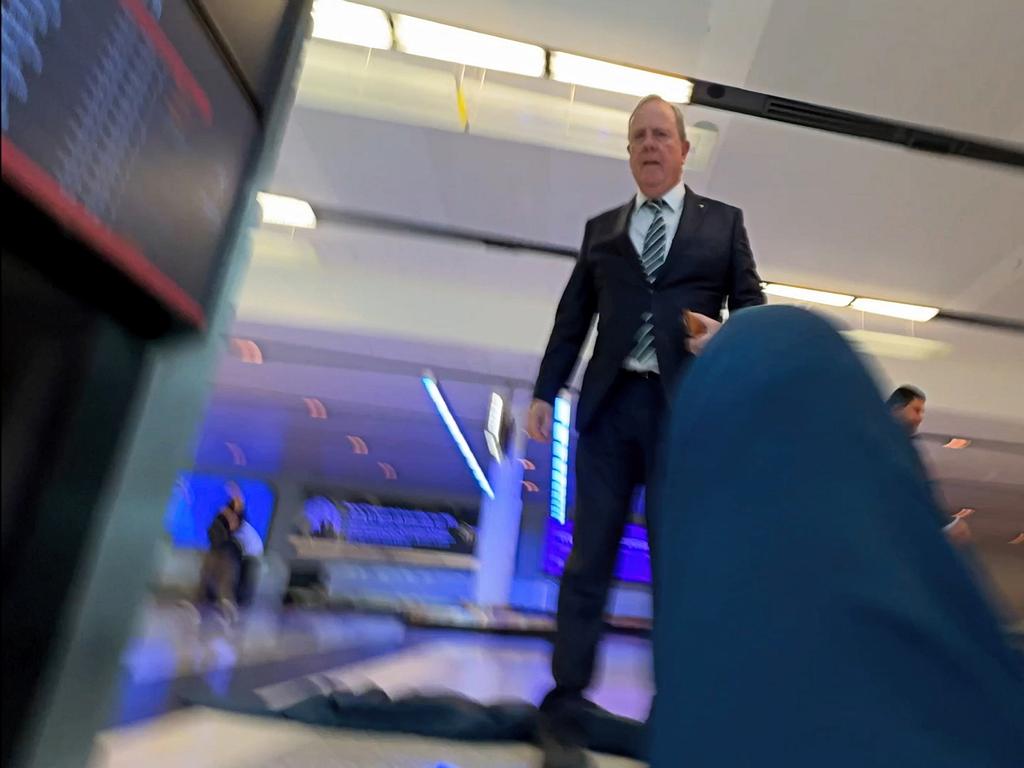
That company’s then chief executive Mike Sneesby swanned around Europe, heedless of the optics of his taking holidays after staff cuts and troubling questions about company culture.
Optus chief executive Kelly Bayer Rosmarin avoided her phone and took two weeks to go after an Optus outage crippled emergency communications.
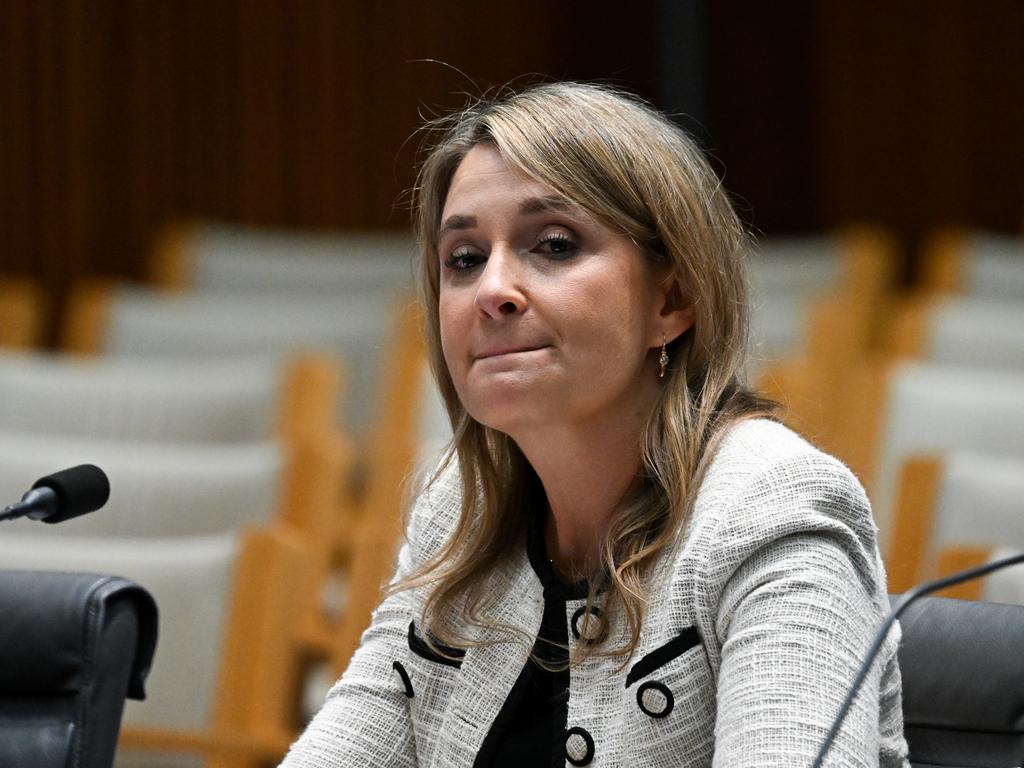
What of Andrew Giles, probably the first federal government minister in Australian history whose studied incompetence, in response to the release of really bad people from detention, qualifies him as a menace to public safety?
The same lack of cause and instant effect also applies to Mark Scott, the vice-chancellor of the University of Sydney.
Scott is a scholar in “bland platitudes”, as others have said. He is that modern kind of leader who hides behind blathers of abstraction. Accusing him of weasel words is unfair to weasels.
Jewish students and staff have felt unsafe for almost a year on Scott’s university campus. They delivered oodles of evidence for their claims.
Scott runs a university where anti-Semitism has been found to be “unparalleled compared to any other campus in the country”.
There are agreed facts here.
Scott, after being compelled to front up to a Senate committee, graded his own efforts with an F.
He shared with the inquiry, some 11 months after issues had been first raised, that testimonials from Jewish staff and students had been “heartbreaking and unacceptable”.
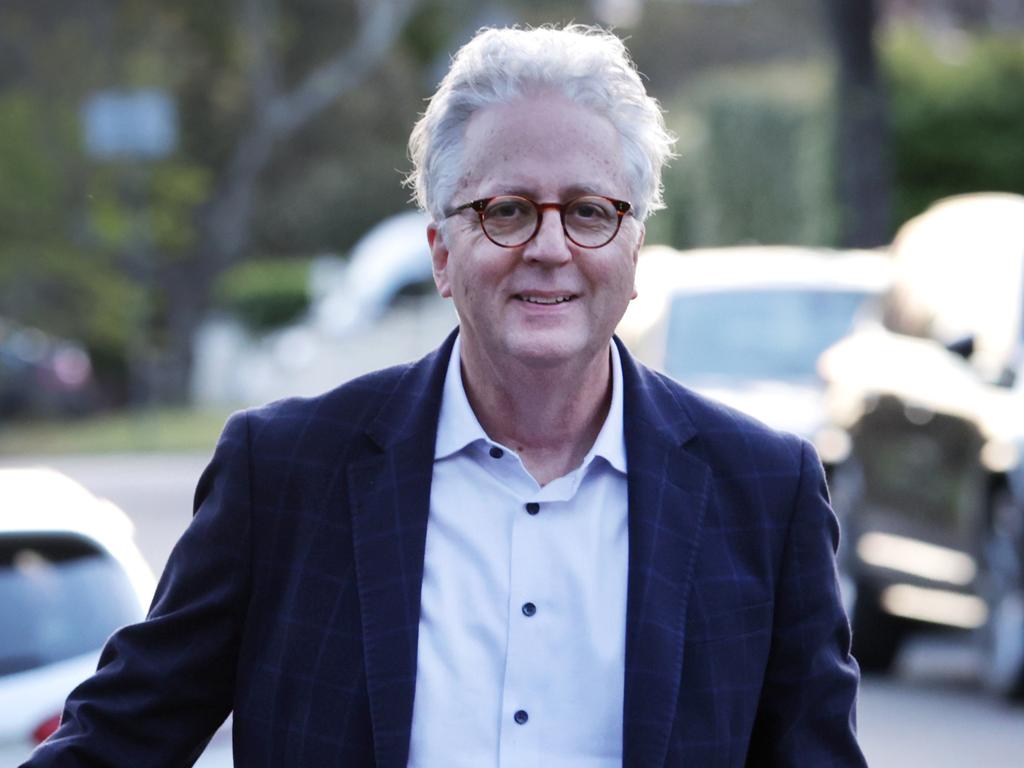
“Yes, I have failed them and the university has failed them,” he said.
Opposition leader Peter Dutton wants Scott gone, citing the need for a “shred of integrity”.
Federal ministers won’t back Scott.
The university’s chancellor, David Thodey, declined to address questions of his “continued support” for Scott.
About 60 former and current staff have demanded that Scott clear his desk.
Zionist Federation of Australia president Jeremy Leibler said Scott had “consistently acted in bad faith and has diminished any remaining credibility”.
Scott appears to have as few friends as Alan Joyce. Case closed? Not at all.
A week after publicly failing himself, Scott was still in the job. His university, meanwhile, was busy appreciating “the time and consideration that our students, staff and broader community have taken to share their experiences and feedback”.
Should we assume that Scott is indispensable?
That the talents he brings to the role outweigh the old-fashioned assumption of not only doing the right thing, but being seen to do the right thing?
What does it say of institutions, whether they be Qantas or a university, which ignore the need to right a glaring wrong?
When did it become OK to instead address a scandal with meaningless and immeasurable assurances?
And when did being accountable get reduced to being an optional extra?
Maybe times have changed. For the better? It appears not.
More Coverage
Originally published as Leaders can stuff up and still stay on or end up in a top job




